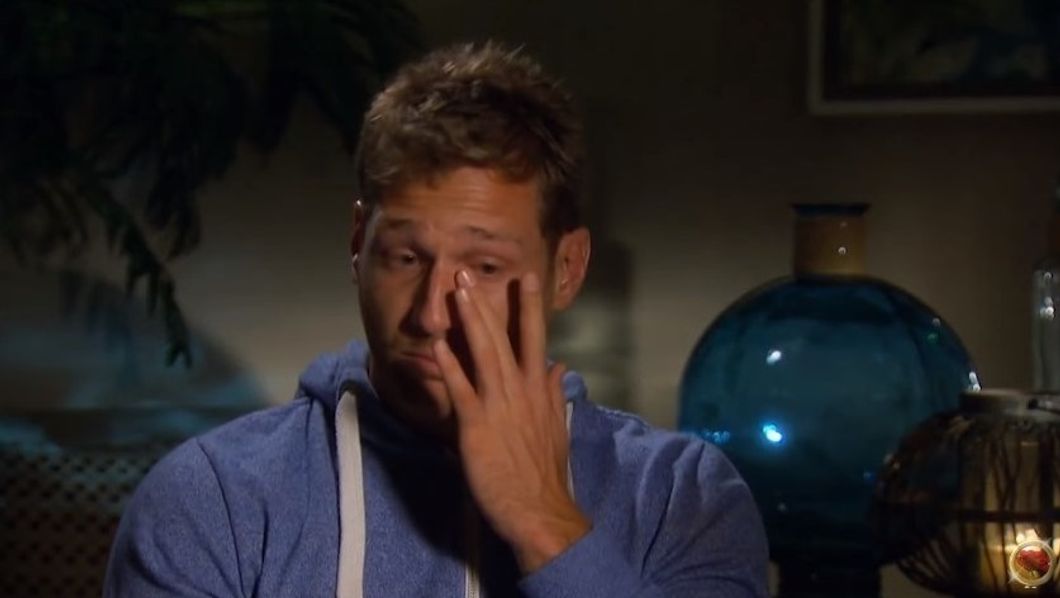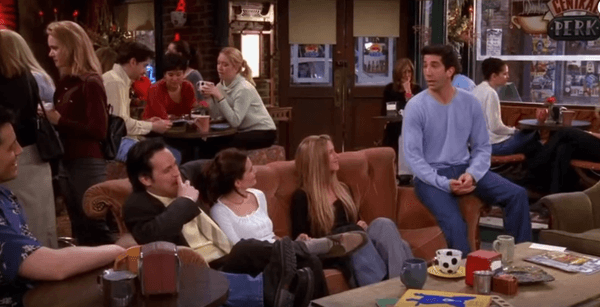You've probably heard the phrases "be a man" and "man up" sometime during your life. Usually, these phrases are used in situations where a man or a boy shows cowardice or emotion, such as crying. These phrases, as well as many others, are a form of toxic masculinity.
Toxic masculinity refers to stereotypical gender roles that restrict emotions that are considered "socially acceptable" for boys and men to express. As children, boys are taught that they need to be the strong, protective, aggressive, while girls are supposed to be soft-spoken and emotional. The male population is taught this stereotype. The teachings are reinforced through all forms of entertainment, literature, and in today's society, social media. In most television or cinematic productions, men are portrayed as strong, protective, brave, characters that are there to protect their families or significant others, and not show emotion. So when a problem arises or something bad happens, they are left to suffer in silence.
You're probably thinking: How does the Bachelor series have progressive views about masculinity, when the main plot of the show is to pit the men against each other and bring out the most masculine characteristics they could have, aggression and competitiveness?
Well, let's be real. We all know reality shows are mostly scripted, and most of the scenes that make the final cut of production aren't the competitors showing their masculine sides or being aggressive or challenging, rather it's the scenes where the contestants delve deep into emotional conversations by doing so they are setting an example, and breaking traditional norms of only portraying men as strong and stone-faced.
Sure, the Bachelor franchise has its fair share of men who practically embody the idea of toxic masculinity, most notably Chad from JoJo's season, but with the way that toxic masculinity runs rampant in society today, how could one be surprised? He portrays this idea perfectly when mocking the men for their physical appearance because some of them didn't line up with his idea of what a "man" be, and even going as far as to mock his fellow contestants for having feelings and avidly expressing them throughout the show.
The Bachelorette also fights against gender norms by putting women in control of the romantic relationships and allowing her to dictate their fate. Something that woman traditionally have not been able to do. The Bachelor series continues to change views on toxic masculinity not only by portraying it on their show and therefore starting a conversation in social media and other outlets, but also by portraying to male viewers that it's okay to be emotional.

















